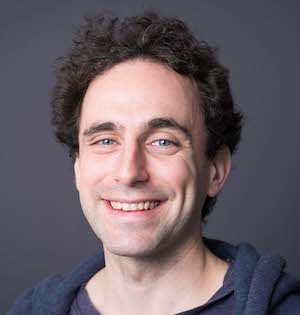Community Meeting date: October 27, 2022

Norman Farb, PhD, is an Associate Professor of Psychology at the University of Toronto Mississauga, where he directs the Regulatory and Affective Dynamics laboratory (www.radlab.zone), and a fellow at the Mind and Life Institute. His research focuses on the psychology of well-being. He focuses on mental habits, such as how we think about ourselves and interpret our emotions. He is interested in why some people are resilient to stress, while others are vulnerable to depression and anxiety. Prof. Farb is currently exploring online assessment and training to support wellbeing, and uses neuroimaging to understand how emotional reactions to stress predict mental health over the lifespan.
Breath monitoring is a foundational practice in many contemplative traditions, with the promise of shifting awareness from ‘here’ (our default mode of being) to ‘there’ a state of sensory engagement and awareness. However, we lack a strong scientific model for how breath monitoring transforms human experience, both in terms of getting ‘there’, but also coming ‘back again’ with greater insight and awareness. I will present neuroimaging data (N=44) on a novel breath monitoring paradigm that contrasts internal attention to the breath against external visual attention. Breath monitoring helps us get ‘there’ by inhibiting our default state of conceptual elaboration across diffuse brain regions supporting higher cognition and habit. Self-reported expertise and comfort with navigating internal experience (MAIA scores) mitigates this effect, helping us to get “back again”: greater expertise predicts spared inhibition in brain regions supporting attentional monitoring and labelling. These changes are not explained by changes in breathing rate or depth. Together these findings introduce a novel neural mechanism by which breath monitoring disrupts conventional cognition, and expertise is characterized by the ability to discern and describe experience within this lower energy state.
